This unit is designed to be delivered at any, or all three of the stages of Primary school. Through exploration of the topic ‘Breakfast’, children at Key Stage 1 can develop knowledge and understanding in key areas that will help equip them to make sense of the challenging history of transatlantic slavery later in their schooling. Explore the unit’s ‘Learning Objectives’ to understand how this unit prepares children for approaching this history. The topic has been designed to also deliver key components of the Key Stage 1 Curriculum.
Children are encouraged in this unit to explore how the commodities that they consume for breakfast come to be on their table each morning and which people are responsible for this. They will find out about the origin of foods such as wheat, juice, chocolate, sugar, tea and coffee, as well as the cotton table-cloth, and the chain of trade that gets them to their breakfast table. They are asked to consider the fairness of this system.
The unit is structured around a learning cycle and offers teachers a topic that can be tailored according to the needs and interests of the class and teacher.
If you are planning to go on to study the history of Transatlantic Slavery with your class, Teaching Slavery FAQs provides guidance and approaches to this.
Stage 1: Entry Activity
Class breakfast
A packed breakfast is brought in and eaten together as a class. Children are encouraged to bring whatever they would normally have at home (milk could be provided by the school and a cotton table cloth set down by the teacher). This could be done as a whole school, or class activity and recorded by a teacher / assistant to provide a further resource for the unit.
Teacher Approach
Adult led / supported – drawing out questions from the class such as:
- Why do we eat breakfast?
- What do we eat for breakfast?
- Why is breakfast important?
- What is a nutritionally good breakfast?
Big Question: Who do I rely on to get my breakfast?
The ‘big question’ is introduced and the adult explains the topic and that they will need to answer ‘the big question’.
Stage 2: Immersion
Big Question: Who do I rely on to get my breakfast?
Children identify their challenge and raise their own questions to investigate. Final challenge is introduced.
Pupil voice
opportunity for learners to ask questions to direct the enquiry
- Where in the world does my breakfast come from?
- What did my parents / grandparents eat for their breakfast?
- Who are the people I rely on to produce my breakfast and bring it to me?
- How does it get to me – my ‘breakfast journey’?
- Why does it have to come so far?
- How much does my breakfast cost?
- Who gets that money (fair trade, chain of trade etc)?
- Is this fair?
Teacher Approach
leading the class or dividing into groups to undertake suggested activities
- Map the origins of their breakfast food on a world map.
- Online research into how sugar and chocolate is grown and produced in Africa and the Caribbean and how it is imported to the UK.
- Finding out how and why what we eat for breakfast has changed from past to present – why did our grand parents eat different things?
- Find out about ships and goods travelling by sea – learn about the importance of the sea to transporting goods around the world both now and in the past.
- Explore any local significance that links the children to this topic (do they live in a port city, agricultural area etc) – consider an off-site visit or link to a local museum if relevant.
Stage 3: Have a go
Children use their learning to have a go – activities that allow them to make mistakes and develop skills.
Big Question: Who do I rely on to get my breakfast?
Pupil voice
opportunity for learners to ask questions to direct the enquiry.
- Where in the world does my breakfast come from?
- What did my parents / grandparents eat for their breakfast?
- Who are the people I rely on to produce my breakfast and bring it to me?
- How does it get to me – my ‘breakfast journey’?
- Why does it have to come so far?
- How much does my breakfast cost?
- Who gets that money (fair trade, chain of trade etc)?
- Is this fair?
Teacher Approach
leading the class or dividing into groups to undertake suggested activities.
- Calculating and presenting data digitally on ‘food miles’ or the ‘breakfast journey’
- Exploring the ingredients of breakfast foods (eg. cereal) and their origins (to include the amounts of sugar contained in cereal and whether this is good for us – also to explore how and where sugar cane is grown and processed).
- Discussing why and how the ‘breakfast journey’ today is so much longer than it would have been for our parents or grandparents’ breakfasts.
- Investigating and re-constructing the ‘chain of trade’ for chocolate from Africa, with a child representing each ‘link’ in the chain – calculating how much money each person actually gets from the total cost of the chocolate bar.
- Debating the fairness of this.
- Finding examples of free-trade products and investigating this system.
Stage 4: The Challenge
Big Question: Who do I rely on to get my breakfast?
Children prove their learning by answering the ‘big question’- adult steps back, children are empowered and supported.
Suggested ‘challenges’ to answer the ‘big question’
Children present an assembly on where in the world their breakfast comes from, the journey and chain of trade it takes from field to their table and the people involved in this journey – using role-play; music; costume; story; visuals (maps, video clips, etc).
A further debate/role-play into the fairness of this system and the issue of free trade could be attached to the assembly.
Learning Objectives
Making sense of the history and legacies of transatlantic slavery in Britain today requires first some knowledge and understanding of some key areas. These have been listed in the Building Blocks resource as ‘Learning Objectives’ under the headings
- Africa, the Caribbean and North and South America (the African diaspora)
- Trade Links
- Human Rights
- Identity
Developing a better knowledge of these areas at a young age will provide the ‘Building Blocks’ to prepare children to understand how and why Britain’s trade and economy came to be under-pinned by the ‘triangle of trade’ between Britain, Africa and the Caribbean. A trade for which the capture, enslavement, transportation and sale of African men women and children as ‘commodities’ was a central component. It is difficult to make sense of this traumatic history unless it is understood in the context of trade and economics and how they drove and continue to drive the balance of power in the world.
Beginning with simpler concepts at EYFS, then working through more sophisticated issues at Key Stage 1 and Key Stage 2, completion of this unit will allow children to better appreciate the nature of trade, supply, demand and economic inequalities in the world today – essential building blocks of knowledge and understanding to make sense of transatlantic slavery. All children will learn this history at Key Stage 3.
Learning objectives identified for this unit
By completion of this unit at the end of KS2 stage children will:
-
Africa, the Caribbean and North and South America (and the African ‘Diaspora’)
- Be able to identify African countries on a contemporary map and use their knowledge to describe some of the geographical features, traditions, culture and ways of life in these countries.
- Be able to identify some of the Caribbean islands and North and South American countries on a contemporary map and use their knowledge to describe some of the geographical features, traditions, culture and ways of life in these countries.
- Know why North and South America and the Caribbean has a strong link to Africa and be able to communicate their thoughts and feelings about this history.
- Know how and why Britain has historical connections to these countries that impacted directly on their development and Britain’s, and understand how these connections are reflected within Britain’s diverse society today.
-
Trade Links
Children should:
- Understand the system of trade and how it works and be able to give historical and contemporary examples of trade on a local and international scale.
- Know about the importance of trade to Britain and be able to give examples of goods that have been traded throughout history.
- Know about ships and the importance of the sea in the movement of goods around the world for trade, past and present.
- Be able to make judgements on the value of goods and what is fair and unfair relating to trade, give examples and communicate why they have made this conclusion.
- Be able to identify some of the commodities that they consume that are produced in Africa, the Caribbean and North and South America and use their knowledge to debate the fairness of the systems of trade for these.
- Be able to make links between the history of Britain, Africa, the Caribbean and North and South America to understand why inequalities exist between these countries in terms of trade.
-
Identity
- Be able to identify some of the direct influences of African, Caribbean and North and South American culture, individual achievement and tradition on British contemporary life and use their knowledge to discuss this.
- Be able to make historical connections between Britain, Africa, the Caribbean and North and South America and use their knowledge to recognise how this history’s legacy has shaped attitudes and values in both negative and positive ways.
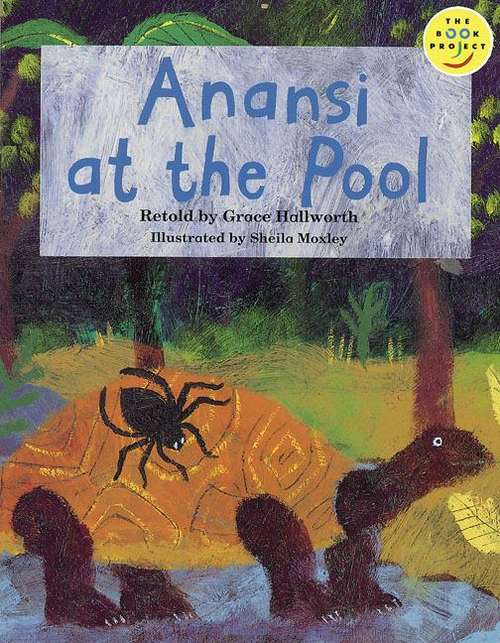
Anansi at the Pool
isbn: 978-0582124141
publisher: Longman Book Project
year: 1994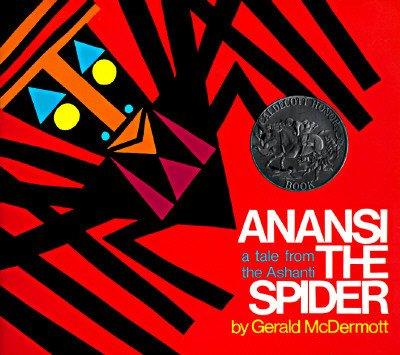
Anansi the Spider – a tale from the Ashanti
isbn: 978-0833513601
publisher: Turtleback Books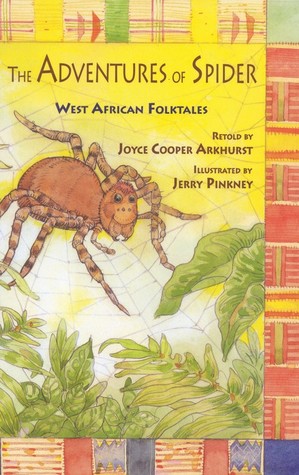
The Adventures of a Spider – West African Folktales
isbn: 978-0316051071
publisher: Little, Brown Books for Young Readers
year: 1992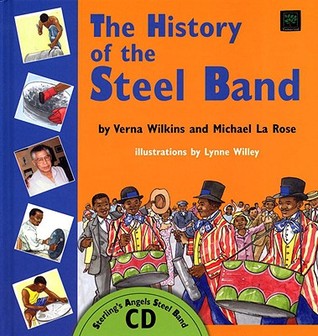
The History of the Steel Band
isbn: 9781870516747
publisher: Tamarind
year: 2006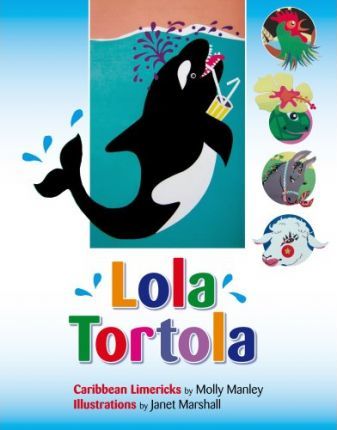
Lola Tortola; Caribbean Limericks
isbn: 9780230731264
publisher: MacMillan
year: 2009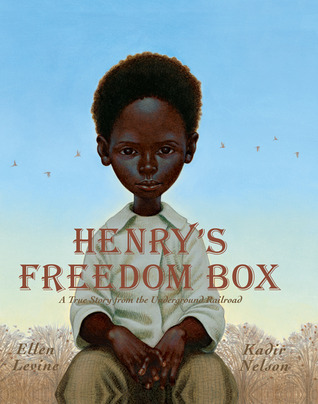
Henry’s Freedom Box; A True Story from the Underground Railroad
isbn: 9780439777339
publisher: Scholastic Press
year: 2007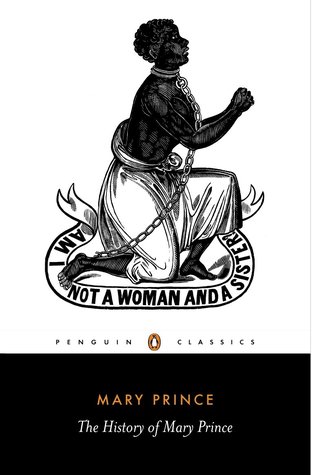
Mary Prince: The History of Mary Prince
isbn: 9780140437492
publisher: Penguin
year: 2017
The Interesting Narrative and Other Writings
isbn: 9780142437162
publisher: Penguin Classics
year: 2003
For Every Child
isbn: 9780099408659
publisher: Red Fox
year: 2002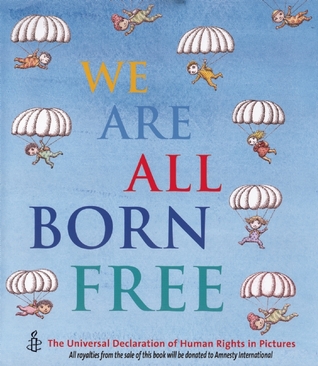
We Are All Born Free: The Universal Declaration of Human Rights in Pictures
isbn: 9781845076504
publisher: Frances Lincoln Children's Books
year: 2008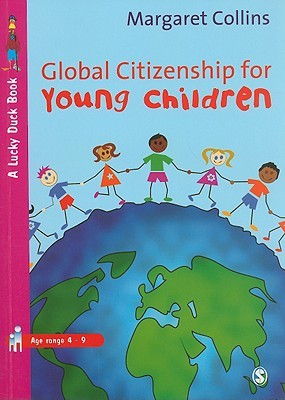
Global Citizenship for Young Children
isbn: 9781412946308
publisher: Sage Publications Ltd
year: 2008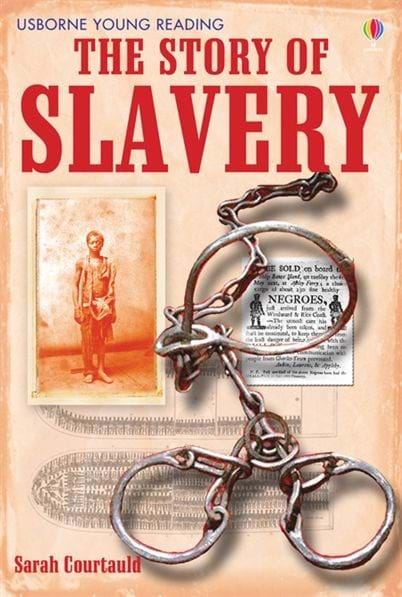
The Story of Slavery
isbn: 978074608752-7
publisher: Usborne